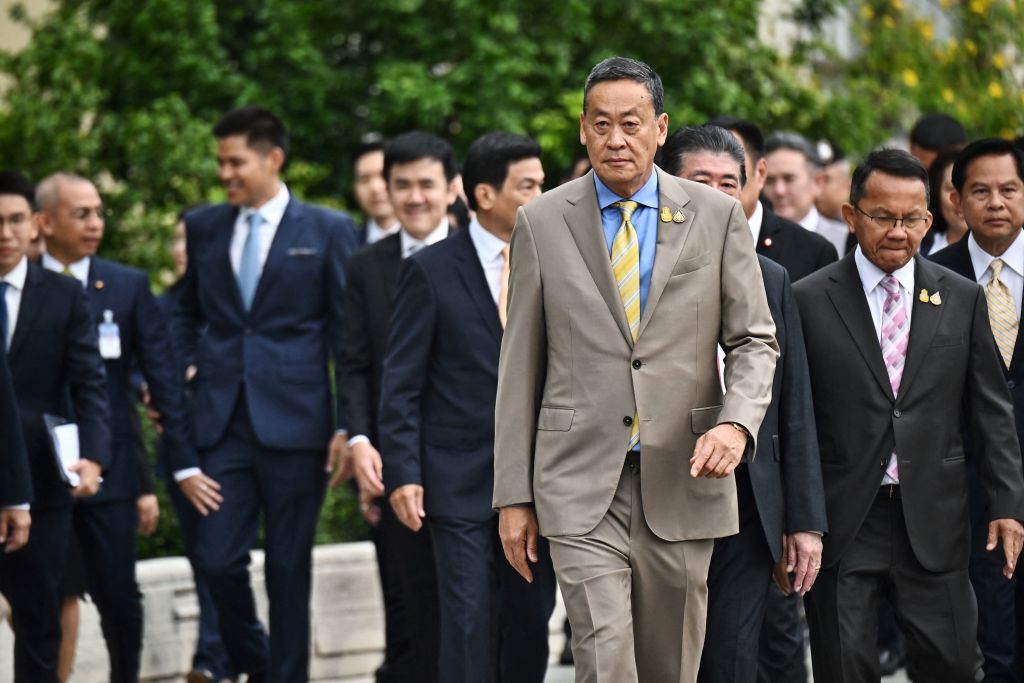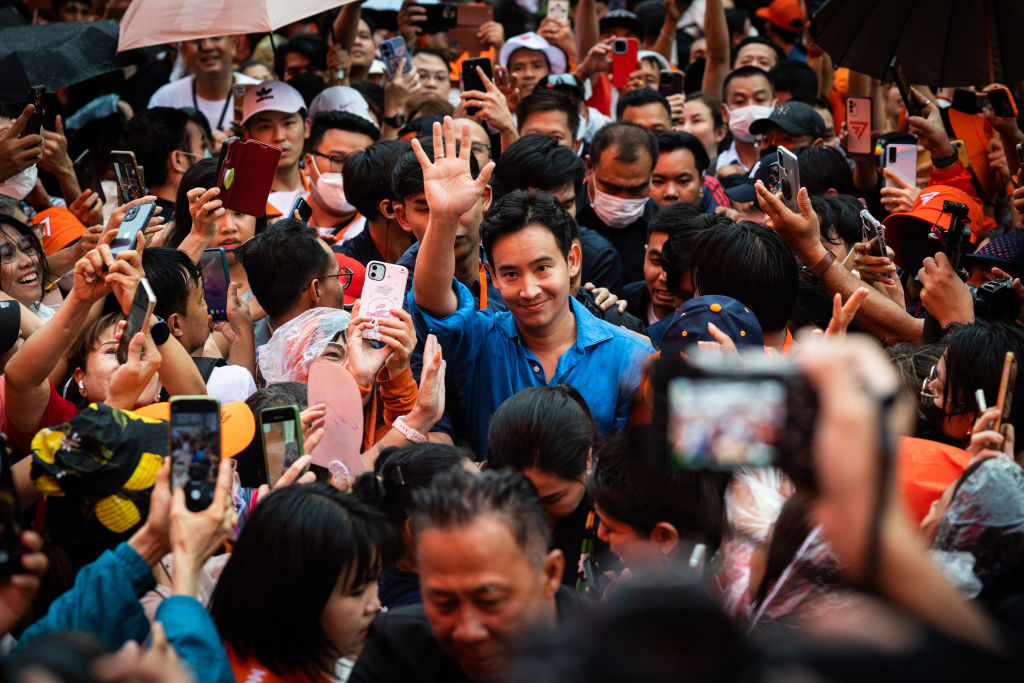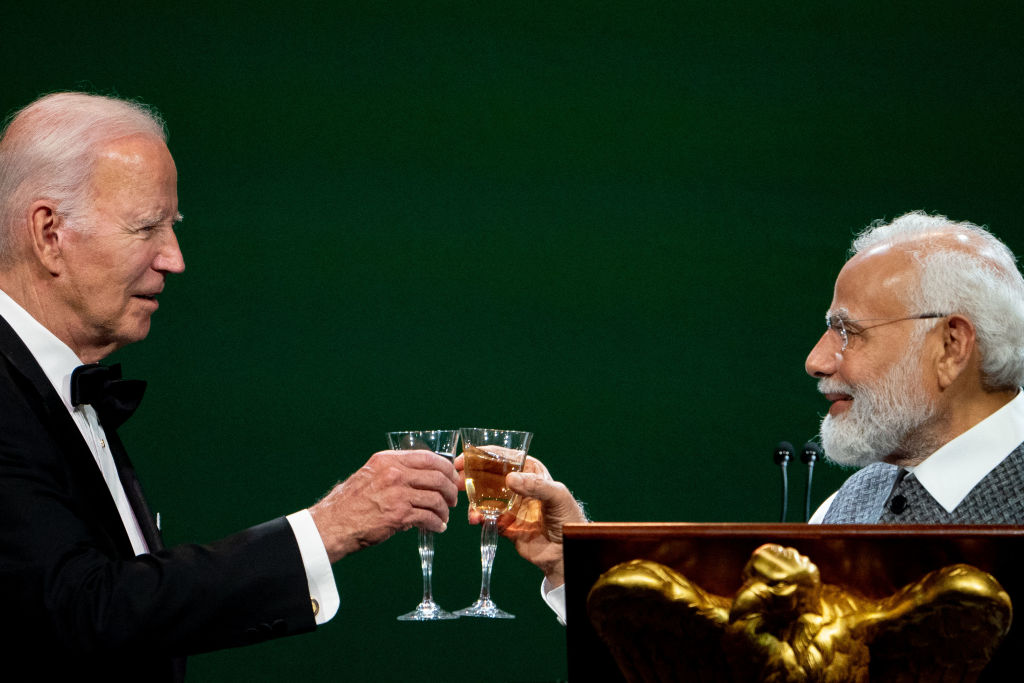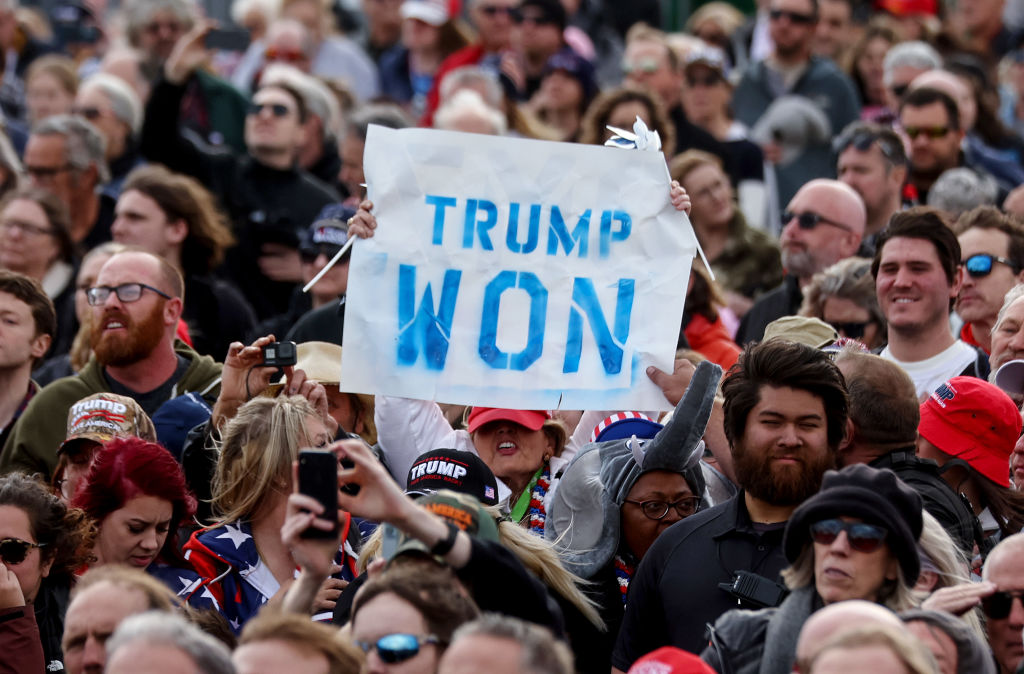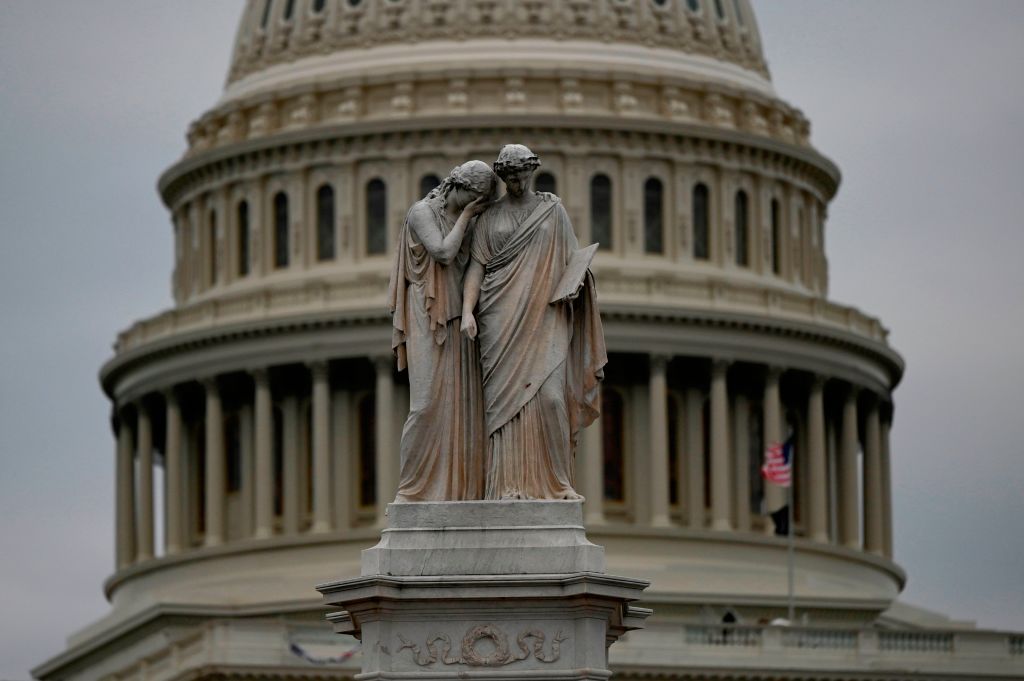The West’s crisis of confidence

The US president warned of a crisis of confidence, with ‘a growing disrespect for government and for churches and for schools, the news media and other institutions.’ He cautioned that ‘the erosion of our confidence in the future is threatening to destroy the social and the political fabric of America’ and was ‘a fundamental threat to American democracy’ that had ‘come upon us gradually over the last generation, years that were filled with shocks and tragedy.’
The warning was given to the United States not in 2025 by Joe Biden but in 1979 by Jimmy Carter, who died last month, aged 100.
Known as the ‘malaise speech’, it blamed the country as a whole, including its leadership. Now a failure of leadership is driving a failure of confidence that’s at the heart of the current era of crisis of the democracies, including in Australia.
It’s a crisis of confidence in who we were, are and will be as liberal democracies. It’s a loss of confidence that we can always have a better future if we are willing to stand up for it. The Western world came out of 1945 never doubting that 1955 and 1965 would be much better, though it well understood that sacrifices might have to be made to achieve that.
Now we seem to be so embarrassed by some of our history—for example, wrongs committed in colonialism—that we lack interest in our achievements. In watching the wrongs of other states, we fall into lazy and false moral equivalency, as though all countries were as bad as each other.
Meanwhile our adversaries (mainly China but also Russia) have no such doubts. They gain strength by ambitiously seeking a future that relives their past.
It will take leadership to bring us out of the malaise and lead us back onto a secure path fortified by our democratic principles.
Similarities between now and 1979 should be clear, and the response that followed it—peace through strength by the administration of Ronald Reagan—should be studied and repeated.
In 1979, as now, people were angry about inflation. Internationally, extremism in the Middle East was rising, fired up mainly by Iran. Great power competition was rising: in 1979, the era of US–Soviet detente ended with the USSR’s invasion of Afghanistan.

Today, the dire state of the liberal democratic world looks like the US’s malaise 45 years ago. Rivals have sensed the chance to overtake the US as the global superpower.
The Biden administration implemented a chaotic withdrawal from Afghanistan, a sign of weakness that must have encouraged Putin to think he could get away with invading Ukraine. And when he did, Western support for Ukraine came too hesitantly.
Now many fear Trump will turn the US inward. Yet American and global security requires him to return it to its leadership ambition in which it is proud of its history and striving for a better future.
The crisis of confidence we face today is worse than that of 1979. Back then, an adversary as powerful as China did not exist and the West was not taught to despise itself—by education curriculums, much of the media and, sadly, even national leaders.
Carter said, ‘as a people we know our past and we are proud of it.’ Now, too many Western leaders resign themselves to what former Australian prime minister John Howard described as a ‘black armband view of our past’.
Australian diplomats are now reluctant to use the term ‘the West’ or even to advocate democracy. The formerly named Strengthening Democracy taskforce in the Department of Home Affairs has been subsumed into another area, effectively neutering its intent with lost focus and leadership.
Some loathers of the West within the West disdain the very concept of the West. Others say we must not upset authoritarian regimes or people who proudly proclaim to be of the Global South.
Meanwhile, Russia has been ravaging Ukraine for three years, and, though we have helped Ukraine survive, we have neither put it in a position to win nor deterred Putin from his hybrid warfare of foreign interference, sabotage and propaganda.
Australia and others have returned to a failed engagement strategy with Beijing, tolerating its gross human rights violations, breaches of international rules, and enablement of Russia’s war. We’ve done that in return for the economic benefit of trade with China. And we hope China will inflict pain on others more than us until the problem is one for future governments.
The Australian government’s standard line on the relationship with China has been that we will ‘cooperate where we can and disagree where we must.’ It’s become an excuse for concessions. They include succumbing to Beijing’s claim that Australian citizen Yang Hengjun is not wrongfully detained. Yang has been in a Chinese jail for six years.
Confident leadership demands ministers standing front and centre in telling the public about our difficulties with China. Instead, they minimise annoyance to China by delegating the task to officials—as when intelligence agencies call out China’s relentless cyber attacks on us.
The Australian government and too many others don’t have the confidence that democracies can stand up to China. Instead, they are resigned to such fatalistic attitudes as one that Foreign Affairs Minister Penny Wong has expressed: ‘China will do what great powers do.’ That implies some moral equivalence between the US and China. In an earlier, more confident age, leaders would express the situation more simply: China is a national security threat.
The government has instead found an easier target, one that is more agreeable to those who disdain the West. It is forsaking Israel, the only democracy in the Middle East, one that, to our great benefit, is almost single handedly fighting Iran and its terror organisations. Terrorism is on the rise globally, including in Australia, where the threat level is back up to ‘probable’.
Islamist ideology is the source of the greatest terror threat, yet the government lacks confidence that it can say so without dividing society. In fact, people would appreciate hearing the truth, even if they can already pretty well see it themselves.
In the malaise speech, Carter said, ‘The people are looking for honest answers, not easy answers.’ In blaming the US’s leadership as well as the public, he took some responsibility, but he had few answers for regaining national confidence. The Iran hostage crisis was the nail in the coffin of his presidency. But out of Carter’s demise America rose.
We now need leaders who are up front in a new era of conflict and who bring the public with them in ensuring we do not succumb to the authoritarian regimes who want to change our way of life. And it needs to be genuine confidence borne of pride in one’s own nation, history and future.
Reagan said in his 1980 campaign against Carter:
I find no national malaise; I find nothing wrong with the American people. Oh, they are frustrated, even angry at what has been done to this blessed land. But more than anything they are sturdy and robust as they have always been. Any nation that sees softness in our prosperity or disunity in our sometimes noisy arguments with each other, let such nations not make the mistakes others have made; let them understand that we will put aside in a moment the fruits of our prosperity and the luxury of our disagreements if the cause is a safe and peaceful future for our children.
Reagan was correct: the malaise was within leadership, as it is now across so much of the liberal democratic political class, including Australia’s. Where are the leaders who would forgo the fruits of prosperity to secure our future? Our national future, in the Indo-Pacific and within the Alliance, AUKUS, the Five Eyes and with our NATO partners and beyond, depends on them.





